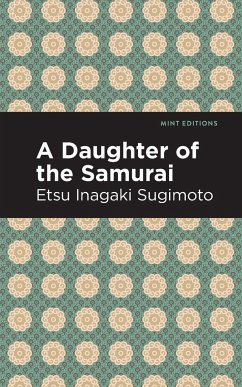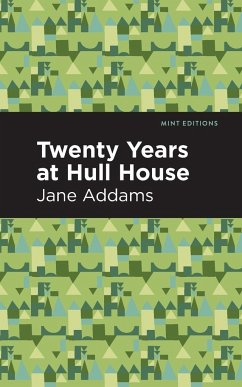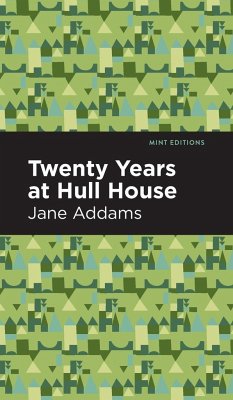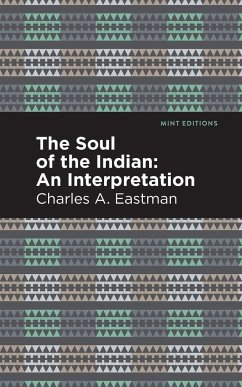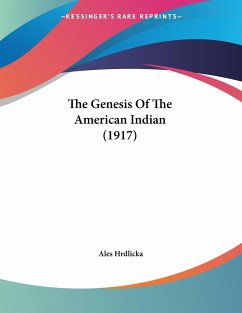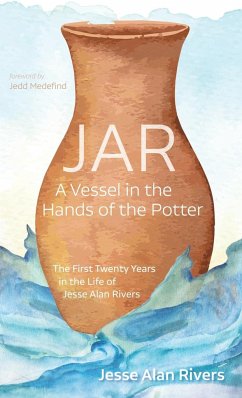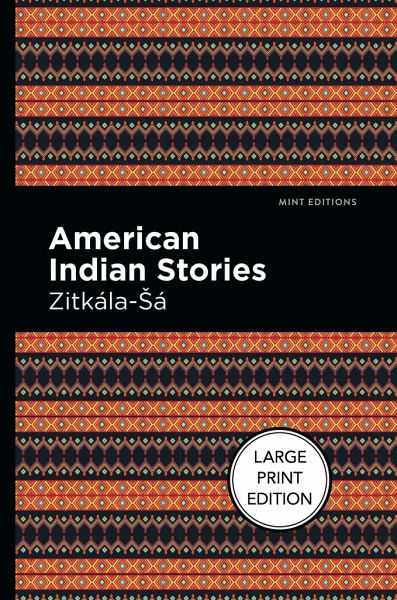
American Indian Stories
Large Print Edition
Versandkostenfrei!
Versandfertig in 1-2 Wochen
20,99 €
inkl. MwSt.

PAYBACK Punkte
10 °P sammeln!
LARGE PRINT EDITION . American Indian Stories (1921) is a collection of stories and essays from Yankton Dakota writer Zitkála-á. Published while Zitkála-á was at the height of her career as an artist and activist, American Indian Stories collects the author's personal experiences, the legends and stories passed down through Sioux oral tradition, and her own reflections on the mistreatment of American Indians nationwide. In "My Mother," Zitkála-á remembers the walk she would take with her mother to the river, where they would gather water to use in their wigwam. This simple chore becomes ...
LARGE PRINT EDITION . American Indian Stories (1921) is a collection of stories and essays from Yankton Dakota writer Zitkála-á. Published while Zitkála-á was at the height of her career as an artist and activist, American Indian Stories collects the author's personal experiences, the legends and stories passed down through Sioux oral tradition, and her own reflections on the mistreatment of American Indians nationwide. In "My Mother," Zitkála-á remembers the walk she would take with her mother to the river, where they would gather water to use in their wigwam. This simple chore becomes a cherished tradition between the two, allowing Zitkála-á's mother to educate her on the circumstances that led their people to the reservation, depriving them of land and life itself. "The Legends" traces Zitkála-á's childhood experience of learning from the oral tradition passed down from the Dakota elders. In "The Coffee Making," she remembers the first time she made coffee. While her mother has gone out for the day, an elder pays a visit to their wigwam. Remembering that her mother usually makes coffee for visitors, Zitkála-á attempts to play hostess to her visitor, who humors her and takes the time to share stories about his life and their people. American Indian Stories is a charming and politically conscious collection of stories from one of the leading American Indian writers of her generation, a committed activist and true voice for change who saw through her own eyes the lives and experiences of countless others. This edition of Zitkála-á's American Indian Stories is a classic of American Indian literature reimagined for modern readers. Since our inception in 2020, Mint Editions has kept sustainability and innovation at the forefront of our mission. Each and every Mint Edition title gets a fresh, professionally typeset manuscript and a dazzling new cover, all while maintaining the integrity of the original book. With thousands of titles in our collection, we aim to spotlight diverse public domain works to help them find modern audiences. Mint Editions celebrates a breadth of literary works, curated from both canonical and overlooked classics from writers around the globe.





